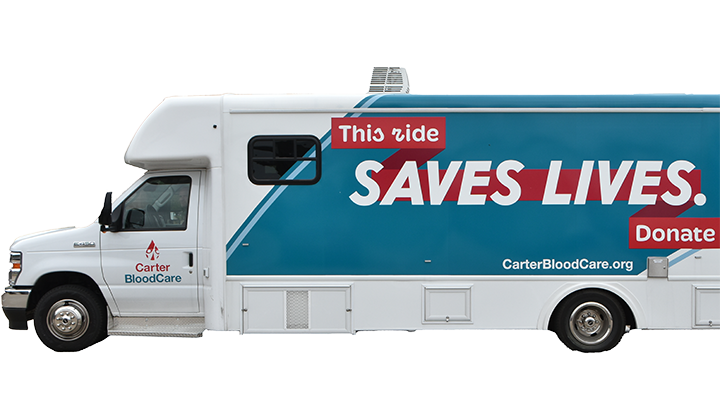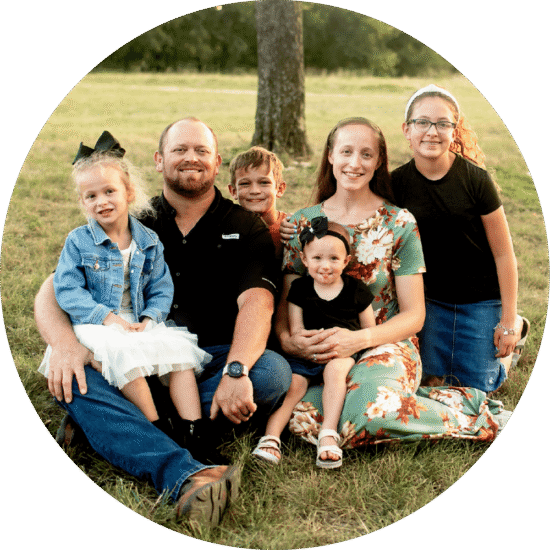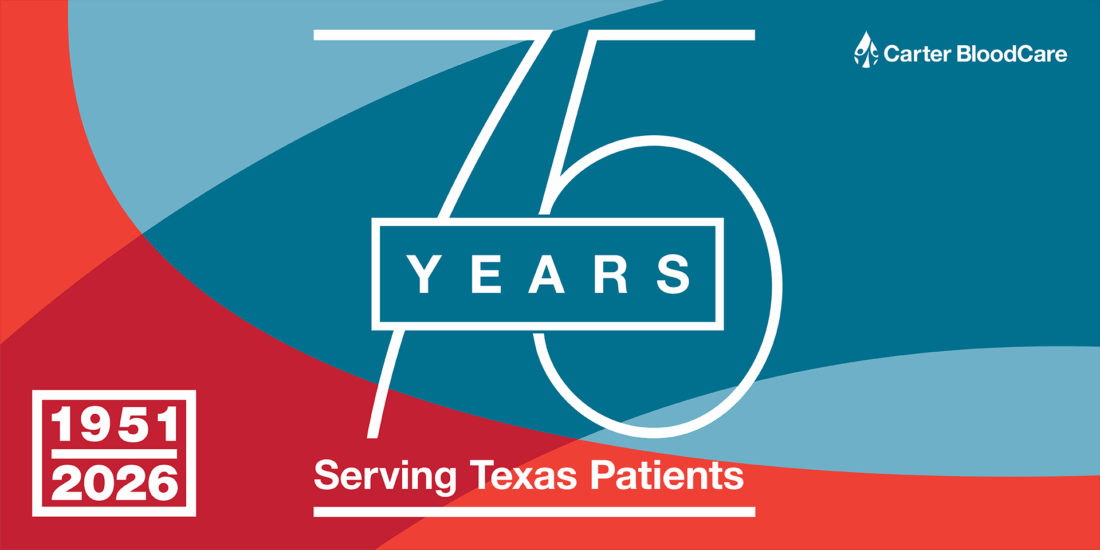
QuickScreen
On the day of your donation, you may complete your donor history questionnaire online prior to your arrival.
Ahora disponible en Español.

Ready to make a difference?
Learn if you can donate blood, how to prepare to donate blood, and what to expect about the donation process.

Blood types
The right type at the right time saves lives in your community. Learn more about your blood type and its use for local patients.
Critical Need  Critical Need: Critical need means the current community blood supply is enough to serve hospitals for less than one day.
Critical Need: Critical need means the current community blood supply is enough to serve hospitals for less than one day.
Urgent Need  Urgent Need: Urgent need means the current community blood supply is enough to serve hospitals for 2-3 days.
Urgent Need: Urgent need means the current community blood supply is enough to serve hospitals for 2-3 days.
Platelets
O-
Stable Supply  Stable Supply: Stable supply means the current community blood supply is enough to serve hospitals’ everyday demands.
Stable Supply: Stable supply means the current community blood supply is enough to serve hospitals’ everyday demands.
O+
A+
A-
B+
B-
AB+
AB-
Host a blood drive
Community blood drives save lives.
Our teams make it easy to host a blood drive at your school, college, place of worship, or business.

Personal stories
Help a neighbor by donating blood.
Local donors save local lives: Carter BloodCare donors made the difference for these Texas patients.










